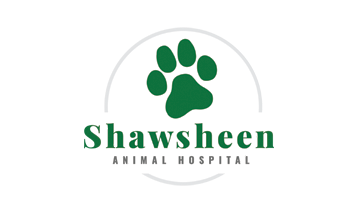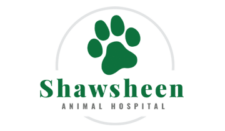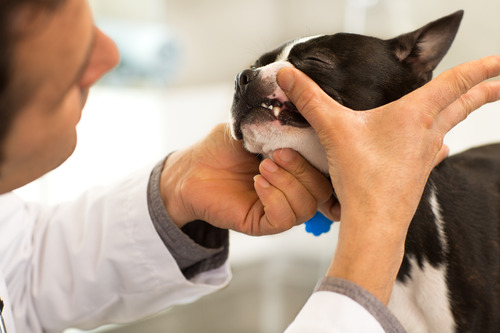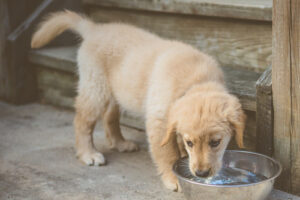Caring for our dogs involves much more than just feeding and cuddling them. An often overlooked but vital part of their well-being is dental health. This blog post focuses on dental disease in dogs, a prevalent issue that deserves more attention.
We’ll discuss the various symptoms of dental disease in dogs and stress the need for regular dental maintenance and veterinary checkups to ensure your pet’s continued good health. If you have any worries about your dog’s dental health or need tips to get started with their care, Shawsheen Animal Hospital in Tewksbury, MA, is more than happy to help. For additional information about dental care or to book a visit with your vet, please contact us at (978) 851-5558!
The Basics of Dental Disease in Dogs
Canine dental disease, also known as periodontal disease, is actually the culmination of various dental problems. It begins with plaque accumulation on the teeth, which can harden into tartar if it isn’t removed. This can then lead to gingivitis, which is marked by gum inflammation, redness, and swelling. Without timely intervention, this may progress to periodontitis, where the bacterial infection spreads, potentially causing tooth loss, pain, and systemic health issues as the bacteria enter the bloodstream (dental disease is not always limited to the mouth).
Periodontal disease is highly common in adult dogs, with most showing signs by age three. It’s often missed since dogs might not show obvious signs of discomfort while they are eating or playing. Regular dental exams are vital for early detection and treatment of dental disease, and knowing risk factors like breed, age, and overall health is also important in preventing this condition.
Understanding the Symptoms of Dental Disease
Early recognition of dental disease symptoms in dogs is essential to combating its progression. To help your pet avoid the discomfort and potentially life-limiting effects of dental disease, be on the lookout for these signs:
- Persistent Bad Breath: A continuous strong odor can indicate dental disease due to bacteria buildup in the mouth.
- Red, Swollen Gums: Gingivitis can cause gums to become painful, red, and swollen, and they can sometimes bleed.
- Eating Difficulties: Dogs with dental pain may eat slower, chew on one side, drop food, or even be reluctant to eat.
- Increased Drooling: Excessive drooling, especially with some blood present, can signal dental disease.
- Loose or Missing Teeth: Advanced dental disease may cause teeth to become loose or fall out.
- Pawing at the Mouth: Frequent pawing at the mouth or rubbing the face can indicate dental discomfort, as well.
- Behavioral Changes: Look for changes in behavior such as irritability, reduced playfulness, or decreased appetite.
Home Care Recommendations for Your Dog’s Dental Health
In addition to the professional pet dental care we recommend at Shawsheen Animal Hospital, you can take these steps to maintain your dog’s dental health at home:
- Feed a Balanced Diet: A proper diet can help your pet maintain good dental health. Some dog foods are designed to reduce the buildup of plaque and tartar.
- Regular Tooth Brushing: Brushing your dog’s teeth can greatly lower their risk of dental disease. Use dog-specific toothbrushes and toothpaste.
- Dental Treats and Toys: These can aid in cleaning your dog’s teeth and reduce plaque, but they should not replace regular teeth brushing or veterinary visits.
The Necessity of Regular Dental Care for Your Pet
Overlooking your dog’s dental health can lead to issues like oral infections, abscesses, tooth loss, and chronic oral pain. Infections in the mouth can also spread to major organs if bacteria travel from the gums into the bloodstream. Regular teeth brushing, oral exams, and professional teeth cleaning at Shawsheen Animal Hospital are key to preventing dental disease in your dog.
Keep in mind that while dental disease in dogs is common, it is also preventable. Being aware of the symptoms involved and the need for regular dental care is essential. If you’re concerned about your dog’s dental health, don’t hesitate to reach out to Shawsheen Animal Hospital at (978) 851-5558 for advice or to set up an appointment.
